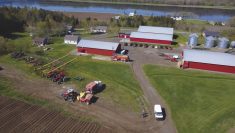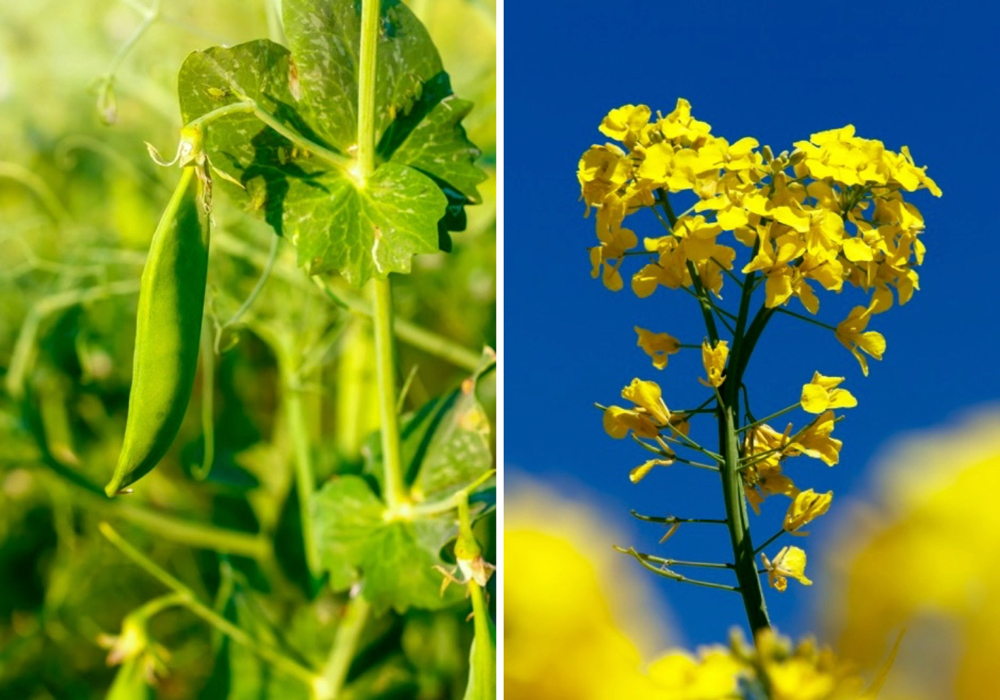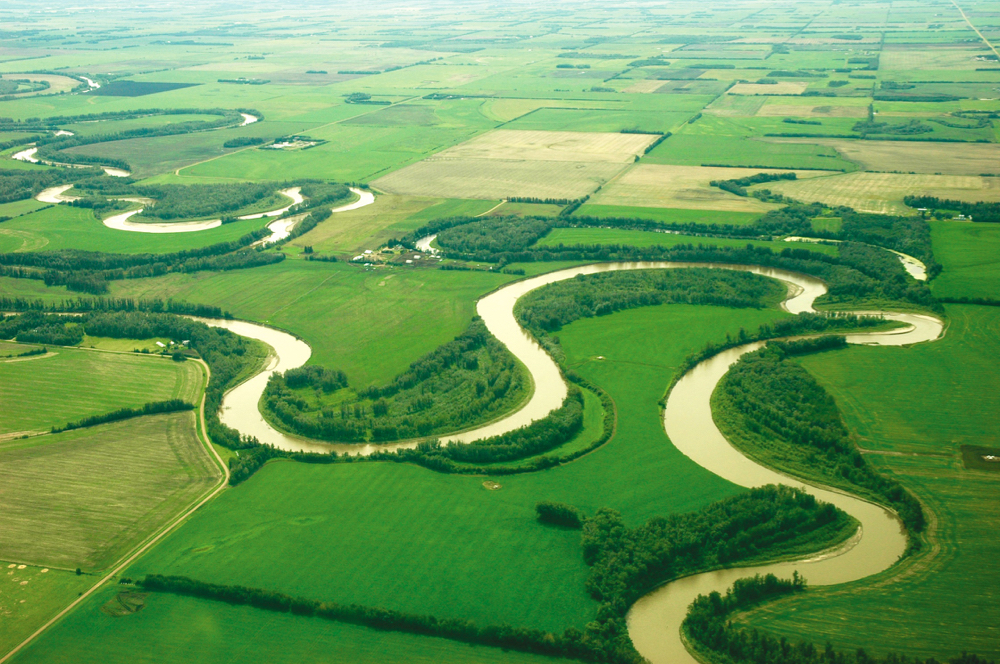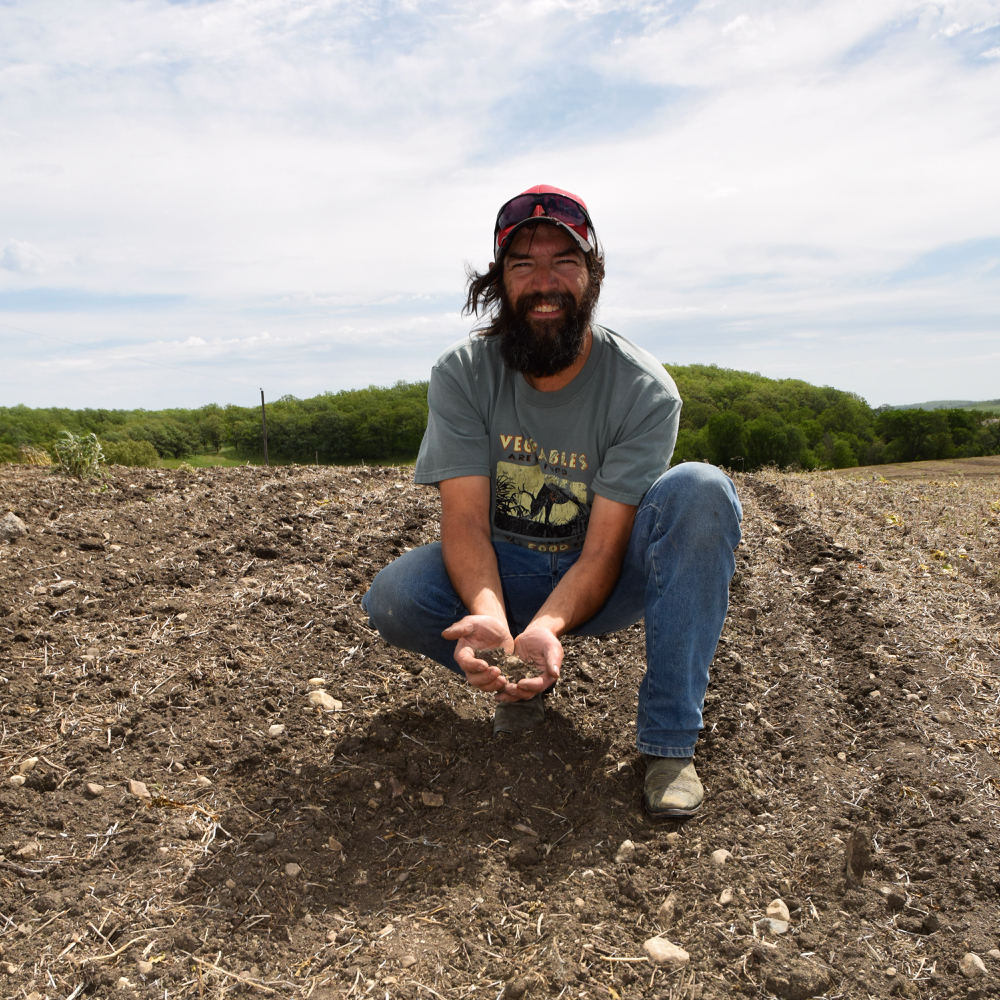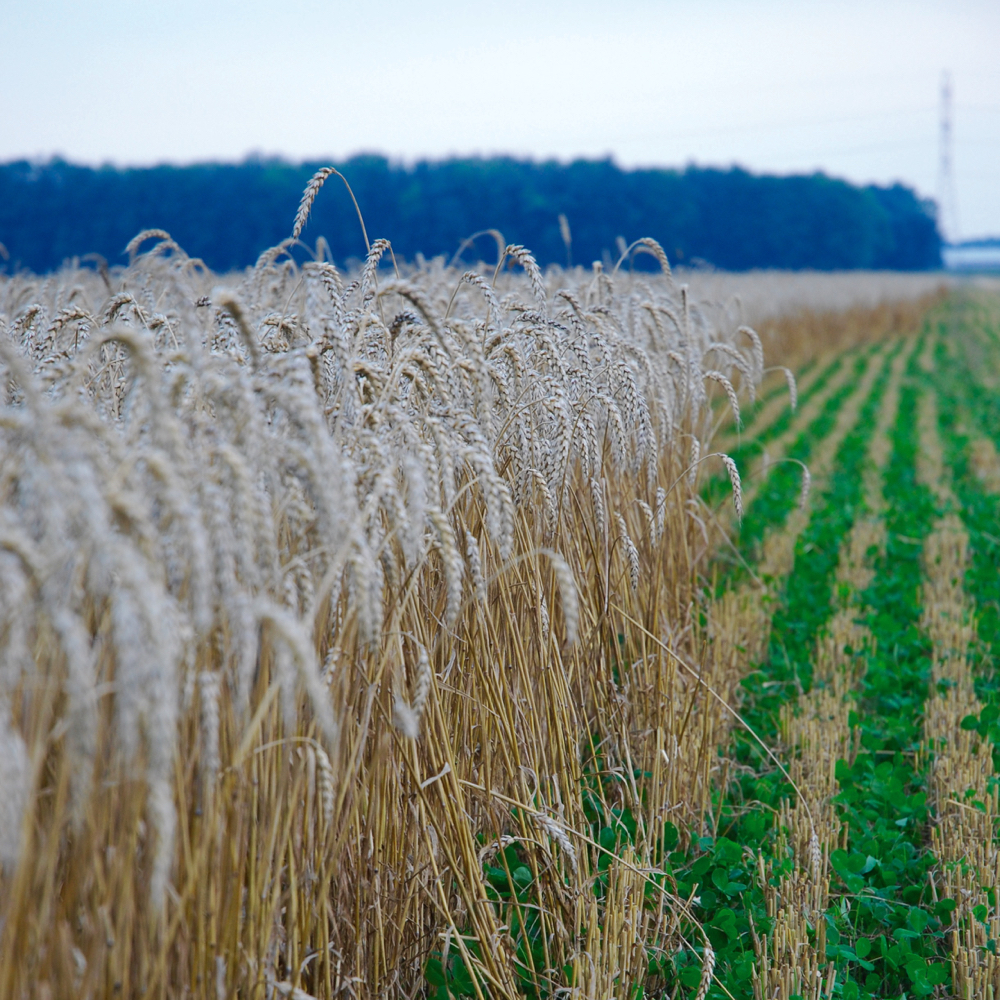Consumers are the forgotten beneficiaries of ag sustainability, and forgetting to communicate with them can be one of agriculture’s most damaging errors, says farmer and philanthropist Howard Buffett.
“Consumers are our shareholders,” Buffett says. “At the end of the day, they do count, whether we like it or not.”
Nick Betts, who doubles as co-ordinator both of market development and also of sustainability for Grain Farmers of Ontario agrees, but notes that it isn’t a simple question.
Farmers need to make sure consumers are knowledgeable about what sustainability means on the farm, Betts told the recent World Congress on Conservation Agriculture conference in Winnipeg.
Read Also

How scientists are using DNA and climate data to breed crops of the future
A method for forecasting how crops will perform in different environments so that plant breeders can quickly select the best parents for new, climate-resilient varieties.
“Just because a consumer wants something that’s sustainable doesn’t mean what they want ‘is’ sustainable,” Betts warned. “It’s important that we come to grips with what that actually means. And then we need to effectively manage the system.”
There can be critical differences in how farmers and consumers define sustainability, he said. “If we do something to satisfy the farmers’ definition of sustainability, we’re not going to do the same for the consumer, and vice versa.”
There’s another concern too.
While Betts believes farmers need to adopt a consumer-centric approach, he has found resistance from those producers who don’t want anyone telling them what to do. Surveys he’s seen reveal they’re concerned about third-party intervention, special interest groups, and unrealistic demands from the uninformed.
“Well, if we want uninformed individuals to be informed, we need to have a consumer-centric approach to understand where they’re coming from,” Betts said.
- More from the special ‘Sustainability’ section in the July 2014 issue of Country Guide: Humanity must stop treating soil like dirt
Adopting a consumer-centric approach means better understanding customer expectations, and Betts believes farm organizations can play a role here, while also educating and informing consumers about the sustainable impacts of their choices.
The upshot is, when customers ask if what’s being produced is sustainable, Betts said, the farming industry needs succinct, scientifically proven answers.
“We need to ensure that there’s understanding between the farmer and the value-chain partners, the special interest groups, academics, investors,” Betts said. “We need to communicate effectively and this in turn will drive those best management practices and make those pillars of sustainability transparent.”
Too often, environmental groups, societal groups and farmers butt heads, even though they essentially want the same thing — a sustainable future.
The difficulty starts with everyone being defensive. Betts believes a paradigm shift is needed in how all sides react and how they deal with each other. We need that kind of perspective in order to see the big picture and where the common road lies.
But another one of the big drivers in sustainability will be economics, because if something doesn’t make economic sense, it won’t happen.
“Marketers have to come down from their 100,000-foot view, and the farmers need to come up and see where that common ground is,” Betts said, “because if it’s not economical for the farmers, the marketers aren’t going to get their product.”
Lee Moats, a pulse no-till grower out of Riceton, Sask., also preferred consumer signals to guide the way, especially in contrast to the option of sweeping standardized government regulations.
“I’m a believer that the marketplace ought to drive it more than it is,” Moats said. “I shudder when I see the well-meaning bureaucratic standard, but I really respond to consumer interest — sometimes misguided, but nonetheless.
“If I get that signal back to my farm, I’m very interested in responding,” Moats said, although he admits to a concern about trying to live up to “somebody’s latest flavour of the month checkbox system.”
Moats believes organic farmers might be able to provide some additional clues to the farming industry about how to achieve their goals.
Said Moats: “Maybe some of us non-organic guys should spend a little time on some organic farms and see what they’re doing, because they may have a few hints for us.”
This article first appeared in a special section entitled “Sustainability” in the July 2014 issue of Country Guide




